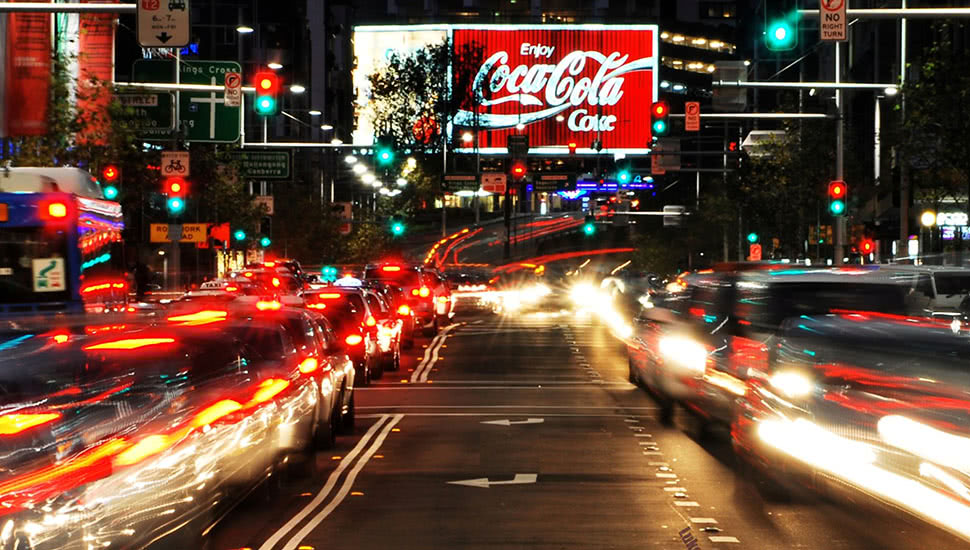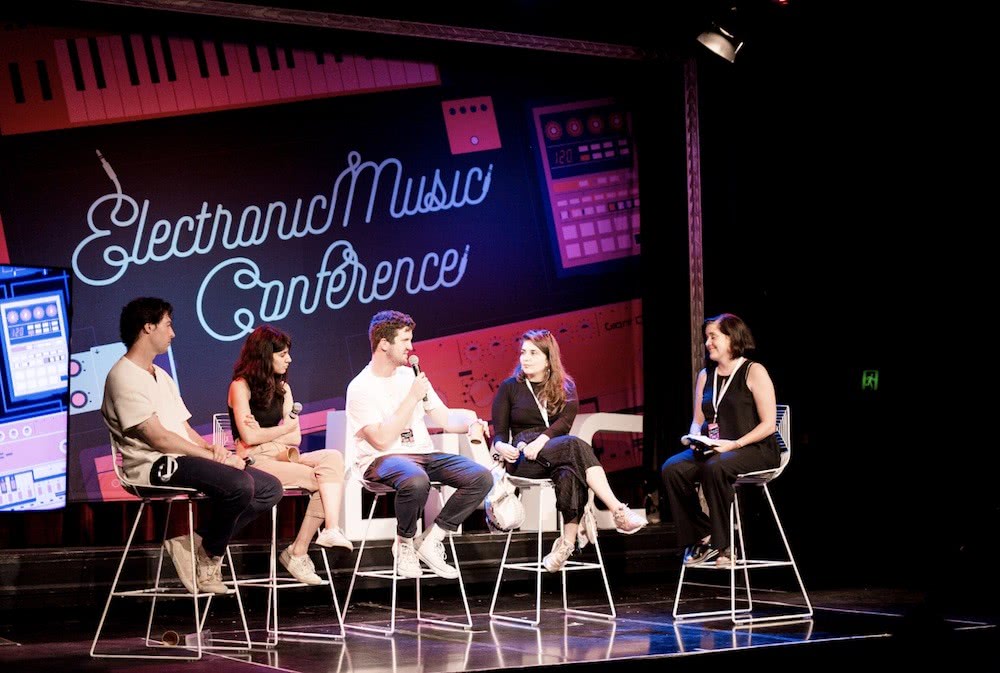Sydney’s lockout laws cut music venues by 50% and deny ‘oxygen’ to creatives, Clover Moore tells inquiry

Sydney’s lockout laws have been nothing short of a disaster, contributing to the closure of half the city’s venues in short time, and turning young travellers away from the city, an inquiry into the controversial laws has heard.
The fight to unwind those years-old rules, however, is entering an optimistic new phase, Sydney’s Lord Mayor Clover Moore said Monday as a line-up of music industry professionals, artists and night economy advocates addressed a parliamentary committee, looking specifically into the city’s night life and the future of the lockout laws.
Speaking after her presentation at Parliament House, Moore said the committee was “very receptive” to those calls for change, but they won’t come without a long, drawn-out fight.
In its submission to the inquiry, city council said the laws had 500,000 fewer under-35s visiting Sydney each year and that the number of venues dedicated to live music had been cut by half in those five years.

Clover Moore
The lockout laws were introduced in 2014 by the-then NSW premier Mike Baird as a weapon against alcohol-related violence. But the side-effects have been devastating for the creative community, the inquiry was told.
The laws are “taking the oxygen out of our cultural life, the oxygen out of our opportunities for people to socialise, for people to have jobs, for our musicians to be appreciated and that things need to change,” Moore said.
The only winner in all this has been Melbourne, which has lured many of the visitors who baulked at Sydney, live music veteran Nathan Farrell said during Monday’s mid-afternoon session.
Speakers at the inquiry included Michael Rose, chairman of the committee for Sydney; APRA CEO Dean Ormston; MusicNSW Managing Director Emily Collins; Electronic Music Conference executive producer and artist manager Jane Slingo; artists Tim Levinson and Josh Pyke and Dr Phillip Wadds, Senior Lecturer in Criminology from University of NSW.

Sydney’s nightlife
“As depressing as it might sound, it was great to be invited to give evidence to the committee made up of upper and lower house MPs and tell them to their faces the impact these regulations have had on the music industry,” Emily Collins, Managing Director MusicNSW, tells TIO.
“It’s great that they’re finally listening and we’re optimistic about their commitment to finding a regulatory model that balances business, culture and well-being for Sydneysiders.”
Ahead of Monday’s day-long session, the peak body surveyed 225 Sydney musicians and found 85% of respondents said their music careers were impacted by the lockouts. Also, 75% said the number of gigs they play had decreased, explains Collins, and nearly everyone attributed this to less performance opportunities as a result of fewer venues.
“It’s something that we’ve all suspected for years, but this is the first time we’ve been able to measure the impact. And it’s pretty shocking”
Sydney’s EMC last year conducted focus groups in Sydney, Melbourne and Brisbane, and ultimately gathered over 150 participants including artists, managers, promoters, venue owners, record labels and booking agents, explains Slingo added.
Of those interviewed, 96% either strongly agreed or agreed with the statement “Sydney’s lockout laws have had a negative impact on my work or my business,” compared with just 67% for those from Melbourne and 76% in Brisbane.
“It was encouraging to see serious consideration being given to the impact the lockouts have had on diminishing Sydney’s credibility as well as its night time economy,” Slingo comments.
“There seemed to be a genuine appreciation of music, arts and culture from the whole committee. I personally feel hopeful that what can come out of this inquiry is regulatory reform that both supports nightlife, and focuses on the opportunity of having arts and culture playing a positive role in safety at night.”

EMC CONNECT
The joint select committee on Sydney’s night time economy has received almost 800 submissions and will hold additional hearings on Friday Aug. 9 and the following Monday, Aug. 12. The committee will report to Parliament by Sept. 30.
The end game? To build a “creative, vibrant and diverse night time economy,” Moore said. And that musicians will have opportunities to play. The City of Sydney’s submission supports the removal of the 1:30am lockout and the 3:00am cease service rule and the creation of a NSW Government night time economy office among a raft of recommendations.
“It will take time, it will take a lot of work,” Moore admitted, “but we want to put oxygen back into the night time of our city.”
Read the City of Sydney’s submission here and the Committee for Sydney’s submission here.
This article originally appeared on The Industry Observer, which is now part of The Music Network.






























